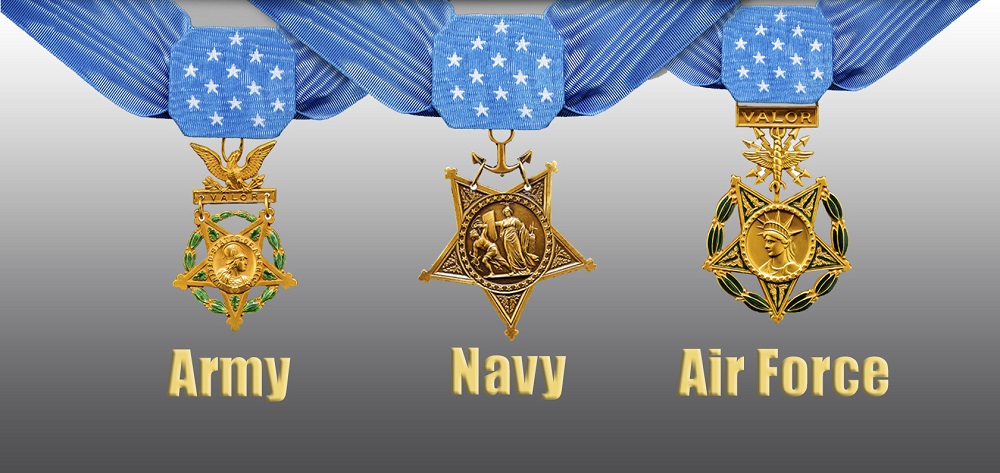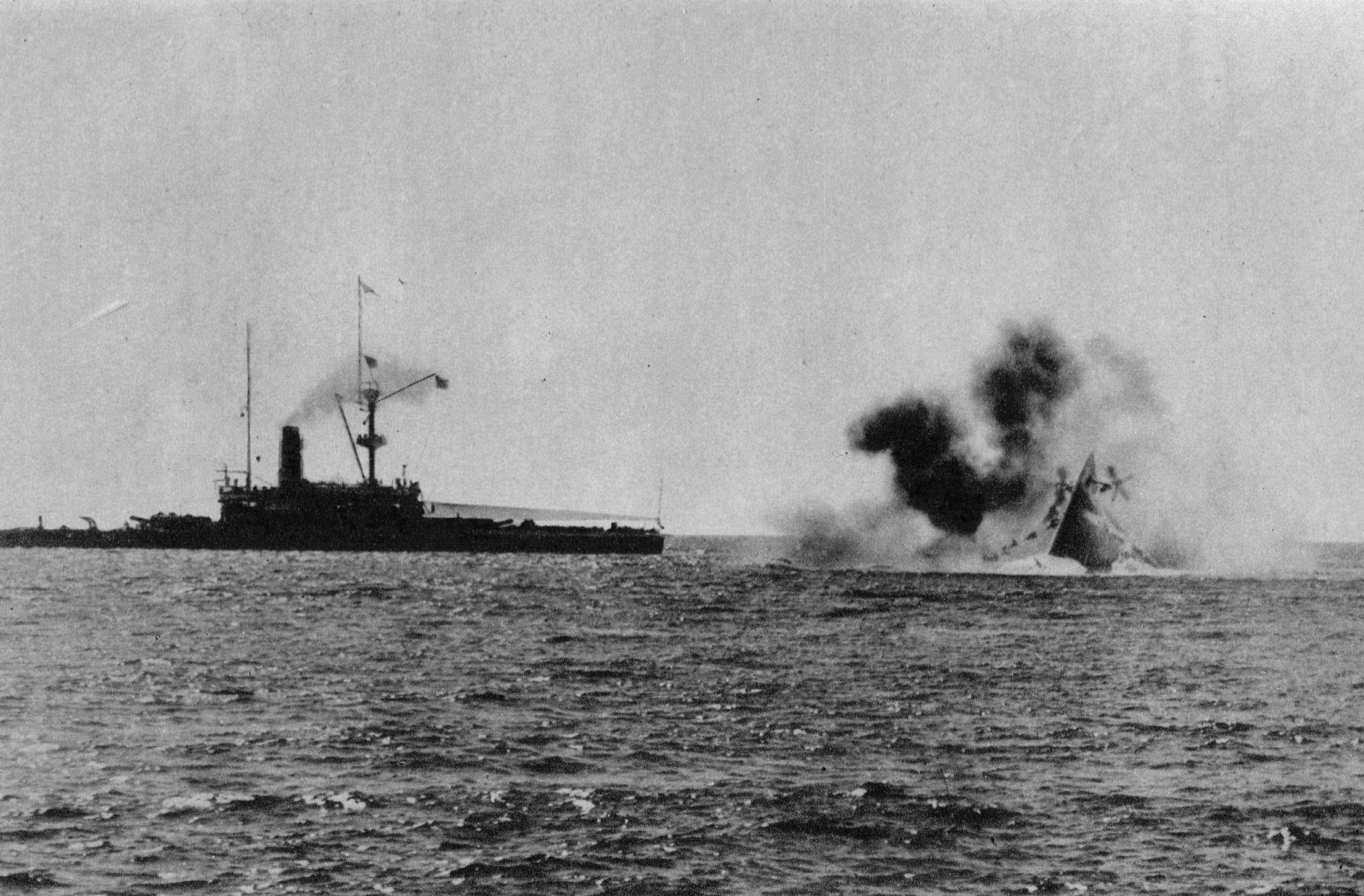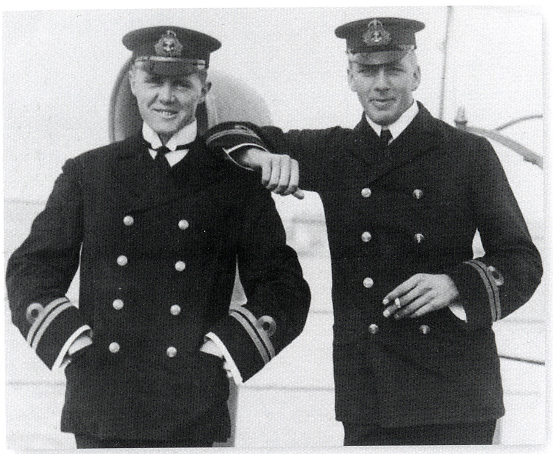|
Sea Gallantry Medal
The Sea Gallantry Medal (SGM) (officially the 'Medal for Saving Life at Sea', and originally the ' Board of Trade Medal for Saving Life at Sea'), is a United Kingdom award for civil gallantry at sea. History The Merchant Shipping Act 1854 provided for rewards to lifesavers, leading to the creation of the Sea Gallantry Medal, first struck in 1855. These were to be in gold, silver or bronze, although there is no evidence that the gold version was ever awarded. Early awards were either for 'humanity' (where there was little risk to the life of the recipient, for example a captain directing a rescue from his own ship), or for 'gallantry' (where there was significant risk to the recipient). Few 'humanity' awards were made, and from 1893 such service was recognised by the award of plate or monetary sums. The 1854 Act indicated that the award was to be conferred on those 'affording assistance towards the preservation of life and property in cases of shipwreck and distress at sea.' I ... [...More Info...] [...Related Items...] OR: [Wikipedia] [Google] [Baidu] |
United Kingdom
The United Kingdom of Great Britain and Northern Ireland, commonly known as the United Kingdom (UK) or Britain, is a country in Europe, off the north-western coast of the continental mainland. It comprises England, Scotland, Wales and Northern Ireland. The United Kingdom includes the island of Great Britain, the north-eastern part of the island of Ireland, and many smaller islands within the British Isles. Northern Ireland shares a land border with the Republic of Ireland; otherwise, the United Kingdom is surrounded by the Atlantic Ocean, the North Sea, the English Channel, the Celtic Sea and the Irish Sea. The total area of the United Kingdom is , with an estimated 2020 population of more than 67 million people. The United Kingdom has evolved from a series of annexations, unions and separations of constituent countries over several hundred years. The Treaty of Union between the Kingdom of England (which included Wales, annexed in 1542) and the Kingdom of Scotland in 170 ... [...More Info...] [...Related Items...] OR: [Wikipedia] [Google] [Baidu] |
Christopher Cradock
Rear Admiral Sir Christopher "Kit" George Francis Maurice Cradock (2 July 1862 – 1 November 1914) was an English senior officer of the Royal Navy. He earned a reputation for great gallantry. Appointed to the royal yacht, he was close to the British royal family. Prior to the First World War, his combat service during the Mahdist War and the Boxer Rebellion was all ashore. Appointed Commander-in-Chief of the North America and West Indies Station before the war, his mission was to protect Allied merchant shipping by hunting down German commerce raiders. Late in 1914 he was tasked to search for and destroy the East Asia Squadron of the Imperial German Navy as it headed home around the tip of South America. Believing that he had no choice but to engage the squadron in accordance with his orders, despite his numerical and tactical inferiority, he was killed during the Battle of Coronel off the coast of Chile in November when the German ships sank his flagship. Early life and ca ... [...More Info...] [...Related Items...] OR: [Wikipedia] [Google] [Baidu] |
Decorations Of The Merchant Navy
Decoration may refer to: * Decorative arts * A house painter and decorator's craft * An act or object intended to increase the beauty of a person, room, etc. * An award that is a token of recognition to the recipient intended for wearing Other uses * Cake decorating, the art of making a usually ordinary cake visually interesting * Christmas decoration, festive decorations used at Christmas time * ''Decorations'' (John Ireland), a set of three pieces for piano solo composed in 191213 by John Ireland * Decorator pattern, a design pattern used in object-oriented programming * In-glaze decoration, a method of decorating ceramics - decoration applied before firing ** On-glaze decoration, a method of decorating ceramics - decoration applied after glazing * In-mould decoration, a method of decorating moulded plastics * Interior design, the internal finishing of a building * Link decoration, the style of visual appearance of hyperlinks * Name decoration, a technique used in most prog ... [...More Info...] [...Related Items...] OR: [Wikipedia] [Google] [Baidu] |
Civil Awards And Decorations Of The United Kingdom
Civil may refer to: *Civic virtue, or civility *Civil action, or lawsuit * Civil affairs *Civil and political rights *Civil disobedience *Civil engineering *Civil (journalism), a platform for independent journalism *Civilian, someone not a member of armed forces *Civil law (other), multiple meanings *Civil liberties *Civil religion *Civil service *Civil society *Civil war A civil war or intrastate war is a war between organized groups within the same state (or country). The aim of one side may be to take control of the country or a region, to achieve independence for a region, or to change government policies ... * Civil (surname) {{disambiguation ... [...More Info...] [...Related Items...] OR: [Wikipedia] [Google] [Baidu] |
Medal Of Honor
The Medal of Honor (MOH) is the United States Armed Forces' highest military decoration and is awarded to recognize American soldiers, sailors, marines, airmen, guardians and coast guardsmen who have distinguished themselves by acts of valor. The medal is normally awarded by the president of the United States, but as it is presented "in the name of the United States Congress", it is sometimes erroneously referred to as the "Congressional Medal of Honor". There are three distinct variants of the medal: one for the Department of the Army, awarded to soldiers, one for the Department of the Navy, awarded to sailors, marines, and coast guardsmen, and one for the Department of the Air Force, awarded to airmen and guardians. The Medal of Honor was introduced for the Department of the Navy in 1861, soon followed by the Department of the Army's version in 1862. The Department of the Air Force used the Department of the Army's version until they received their own distinctive version i ... [...More Info...] [...Related Items...] OR: [Wikipedia] [Google] [Baidu] |
Ludovicus M
Ludovicus or Ludowicus is a Latinized form of the Germanic masculine given name ''Hludwig'' ("Louis"). It has been used as a baptismal name in the Low Countries, especially in Belgium; bearers often use(d) Lodewijk or short forms like ''Lode'', ''Lou'', ''Louis'', or '' Ludo'' in daily life. People with the name include: ;Latinized name * Ludovicus Blosius (''Louis de Blois''; 1506–1566), Belgian monk and mystical writer * Ludovicus Cappellus (''Louis Cappel''; 1585–1658), French Protestant churchman and scholar * Ludovicus Carrio Brugensis (''Louis Carrion''; 1547–1595), Flemish humanist and classical scholar *Ludovicus Episcopius (''Ludovicus de Bisschop''; c.1520–1595), Flemish composer * Ludovicus Finsonius (''Louis Finson''; c.1575–1617), Flemish Baroque painter * Ludovicus Mamburgus (''Louis Maimbourg''; 1610–1686), French Jesuit and historian * Ludovicus Molinaeus (''Lewis Du Moulin''; 1606–1680), French Huguenot physician and controversialist in England * ('' ... [...More Info...] [...Related Items...] OR: [Wikipedia] [Google] [Baidu] |
John Jellicoe, 1st Earl Jellicoe
Admiral of the Fleet John Rushworth Jellicoe, 1st Earl Jellicoe, (5 December 1859 – 20 November 1935) was a Royal Navy officer. He fought in the Anglo-Egyptian War and the Boxer Rebellion and commanded the Grand Fleet at the Battle of Jutland in May 1916 during the First World War. His handling of the fleet at that battle was controversial. Jellicoe made no serious mistakes and the German High Seas Fleet retreated to port, at a time when defeat would have been catastrophic for Britain, but the public was disappointed that the Royal Navy had not won a more dramatic victory given that they outnumbered the enemy. Jellicoe later served as First Sea Lord, overseeing the expansion of the Naval Staff at the Admiralty and the introduction of convoys, but was relieved at the end of 1917. He also served as the Governor-General of New Zealand in the early 1920s. Early life Jellicoe was born on 5 December 1859 in Southampton, Hampshire. Jellicoe was the son of John Henry Jellicoe, a capta ... [...More Info...] [...Related Items...] OR: [Wikipedia] [Google] [Baidu] |
Max Kennedy Horton
Admiral Sir Max Kennedy Horton, (29 November 1883 – 30 July 1951) was a British submariner during the First World War and commander-in-chief of the Western Approaches in the later half of the Second World War, responsible for British participation in the Battle of the Atlantic. Early life Max Horton was born in Anglesey to Robert Joseph Angel Horton and Esther/Hester Maude Goldsmid, of the famous Goldsmid/D'Avigdor Goldsmid Anglo-Jewish family. Horton joined the Royal Navy officer training ship, HMS ''Britannia'' on 15 September 1898. Whilst on , he was involved in the rescue efforts when ran aground off Cape Spartel and was subsequently awarded the Board of Trade Medal for Saving Life at Sea in silver. First World War The outbreak of war saw Lieutenant-Commander Horton in command of one of the first British ocean-going submarines, the 800-ton . At dawn on 13 September 1914, he torpedoed the German light cruiser six miles southwest of Heligoland. ''Hela'' was hit amidshi ... [...More Info...] [...Related Items...] OR: [Wikipedia] [Google] [Baidu] |
Convoy HX 84
Convoy HX 84 was the 84th of the numbered series of Allied North Atlantic HX convoys of merchant ships from Halifax, Nova Scotia, to Liverpool, England, during the Battle of the Atlantic. Thirty-eight ships escorted by the armed merchant cruiser departed from Halifax on 28 October 1940, eastbound to Liverpool. Background On the morning of 5 November, HX 84 had been passed by the cargo liner , which was also bound for Liverpool, enroute from Port Antonio, during which an offer had been made to ''Mopan''s Master, Captain Sapsworth, for ''Mopan'' to join HX 84. However, the offer had been declined and ''Mopan'' continued eastbound alone. ''Mopan'' Having been thwarted from using its Arado Ar 196 seaplane the previous day, on 5 November the weather was suitable for ''Admiral Scheer'' to utilise its air reconnaissance. Piloted by Lieutenant Pietsch, a seaplane was launched at 09:40hrs having been ordered to make a sweep wide and deep. When the seaplane returned at 12:05 the obse ... [...More Info...] [...Related Items...] OR: [Wikipedia] [Google] [Baidu] |
Commodore (rank)
Commodore is a senior naval rank used in many navies which is equivalent to brigadier and air commodore. It is superior to a navy captain, but below a rear admiral. It is either regarded as the most junior of the flag officers rank or may not hold the jurisdiction of a flag officer at all depending on the officer's appointment. Non-English-speaking nations commonly use the rank of flotilla admiral, counter admiral, or senior captain as an equivalent, although counter admiral may also correspond to ''rear admiral lower half'' abbreviated as RDML. Traditionally, "commodore" is the title for any officer assigned to command more than one ship, even temporarily, much as "captain" is the traditional title for the commanding officer of a single ship even if the officer's official title in the service is a lower rank. As an official rank, a commodore typically commands a flotilla or squadron of ships as part of a larger task force or naval fleet commanded by an admiral. A commodo ... [...More Info...] [...Related Items...] OR: [Wikipedia] [Google] [Baidu] |
Edward Stephen Fogarty Fegen
Captain Edward Stephen Fogarty Fegen, (8 October 1891 – 5 November 1940) was a Royal Navy officer and a recipient of the Victoria Cross, the highest award for gallantry in the face of the enemy that can be awarded to British and Commonwealth forces. Edward Stephen Fogarty Fegen was born into a naval family, one of four children his father being Vice-Admiral F. F. Fegen MVO. He was born at 42 Nightingale Rd, Southsea, Hampshire, on 8 October 1891. At the age of 12, he entered Osborne Royal Naval College and in 1909, he was appointed Midshipman on HMS ''Dreadnought''. First World War On 24 March 1918, while the British ship SS ''War Knight'' was proceeding up the English Channel in convoy, she collided with the United States oil carrier ''O.B. Jennings''. It appears that the naphtha, which was on board the latter vessel, ignited, and the two ships and surrounding water were soon enveloped in flames. The master of ''O.B. Jennings'' gave orders that all the ship's available boats ... [...More Info...] [...Related Items...] OR: [Wikipedia] [Google] [Baidu] |
ribbon.jpg)


